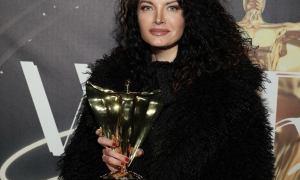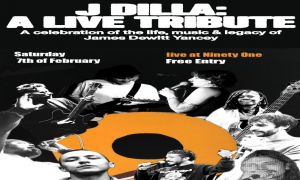The targets include the elderly, students, children and even the dead. No one in the U.S. who uses Kazaa, Limewire or other file sharing networks is immune from the RIAA's investigators, and fines under the Copyright Act go up to $150,000 per purloined music track.
But despite the crackdown, billions of copies of copyrighted songs are now changing hands each year on file sharing services. All the while, some of the most fundamental legal questions surrounding the legality of file sharing have gone unanswered. Even the future of the RIAA's only jury trial victory -- against Minnesota mother Jammie Thomas -- is in doubt. Some are wondering if the campaign has shaped up as an utter failure.
“We're just barely scratching the surface of the legal issues," says Ray Beckerman, a New York lawyer and one of the nation's few who have taken an RIAA defendant's case. “They're extorting people -- and for what purpose?"
When the first round of lawsuits were filed on Sept. 8, 2003 -- targeting 261 defendants around the country -- it was a hairpin turn from the RIAA's previous strategy of going after services like Napster, RIAA president Cary Sherman said at the time. “It is simply to get peer-to-peer users to stop offering music that does not belong to them." The goal in targeting music fans instead of businesses was “not to be vindictive or punitive," says Sherman.
Today, the RIAA -- the lobbying group for the world's big four music companies, Sony BMG, Universal Music, EMI and Warner Music -- admits that the lawsuits are largely a public relations effort, aimed at striking fear into the hearts of would-be downloaders. Spokeswoman Cara Duckworth of the RIAA says the lawsuits have spawned a “general sense of awareness" that file sharing copyrighted music without authorization is “illegal."
“Think about what the legal marketplace and industry would look like today had we sat on our hands and done nothing," Duckworth says in a statement. (The RIAA declined to be interviewed for this story.)
Casey Lentz, a 21-year-old former San Francisco State student, is among those caught in the RIAA's PR campaign. “They're harassing me nonstop," says Lentz, who's been trying to settle her RIAA case, but can't afford a lawyer. “I wasn't the one who downloaded the music. It was a shared computer with my roommates and my friends. They want $7,500 for 10 songs."
“I told them I only had $500 in my bank account. And they said 'no way,'" she says.
For more information contact All About Jazz.



























